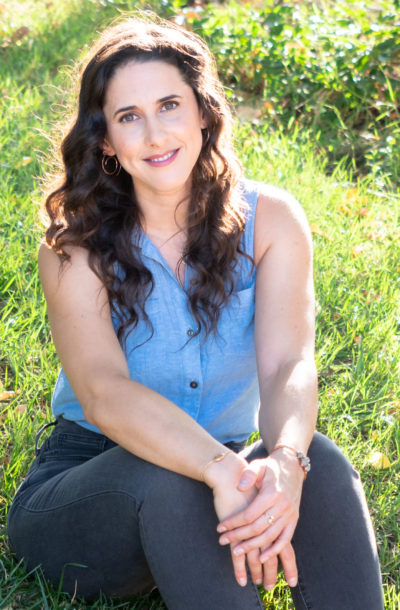
My road to becoming a registered dietitian (RD) was anything but conventional. I went back to school at 31 years old after travelling, working, having my daughter, and having spinal surgery at 30 years old. When I realized that becoming a registered dietitian was what I wanted to do as my career I felt driven to take the (many) necessary steps to get there. I was somewhat naïve at first as to what went into becoming an RD, and thankfully so. The path was long and challenging, but I loved every moment and am grateful to where it has led me to today.
Working with people and helping people is my passion. Being an RD allows me the opportunity to do both.
During my dietetic internship is when I first learned about intuitive eating and Health At Every Size (HAES). I grew up like many people, watching my parents and family talk about their weight or trying some new diet fad, friends constantly limiting what they ate at school, and diet ads everywhere.
As a dancer and volleyball player myself, growing up I fell victim to feeling that thinness equated to being healthy and with a fear of weight gain. Learning about intuitive eating and HAES opened my eyes to the toxic rhetoric that diet culture promotes everywhere and that has permeated our society as a whole. Before this, and including during my education to become an RD, I assumed, and was taught, that people in bigger bodies were often unhealthy and that weight loss would solve most, if not all, of their health problems.
Intuitive eating and the HAES movement have made me see that health is nuanced, we cannot tell anyone’s health status based on the size of their body (big or small FYI), and that the medical and wellness industries often utilize outdated thinking when it comes to patients and clients in regards to weight.
Prescribing or encouraging weight loss is often still recommended by health and wellness professionals, instead of diving deep to get to know the patients/clients to find out the root cause of what may actually be going on to help them feel better, in both mind and body. Weight loss is usually not the answer, and more often than not, the focus on weight loss causes harmful thinking, restriction, and potential physical harm as well.
Dieting and restriction don’t work. We see this over and over again when it comes to health and wellness.
The diet industry wouldn’t be thriving if it were so successful. So we continue to see new trends and fads promoting different types of restriction all over the place. I work with my clients to help them mend their relationship with food, their diet, and their body image. Most of the time damage has been done after years of dieting. That might include feelings of taking up too much space and feelings of failure for not being able to shrink to what society has deemed is a ‘healthy’ size. But the truth is, each person is unique and there is no one size fits all for people’s body, for their diet, and for their life.
Intuitive eating allows people to give up restriction and actually listen to their body and hunger cues.
Often it takes time to get to a place of trusting that restriction isn’t necessary to be healthy and to regain a sense of one’s physical hunger and fullness cues after years of trying to restrict and limit them. Working through the emotional piece around food and nutrition is a part of what helps clients gain trust in themselves, and allows them to look at themselves through a kind lens during the process. It isn’t glamorous and it isn’t always comfortable, but changing the inner narrative so many of us learned throughout our life when it comes to food and nutrition takes time. The time is worth it though.
The freedom that comes with losing the fear and focus on food, and regaining time and brain space for the many other things in our life is more valuable than I know how to put into words.
I help my clients work through the process to build lifelong, sustainable habits around food and their body image. We work together to find what works best for them. Each client is an individual and I utilize an intuitive eating and HAES approach with each one of them. Looking at past and present thoughts and actions that impact their relationship with food and their body to uncover how to build healthy, non-restrictive habits that come from a place of love and kindness towards themselves. Understanding that it is okay, and necessary, to listen to their body and respond by nourishing and fueling it so they can feel their best and live a happy, healthy life-mentally and physically.
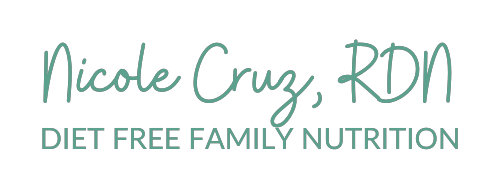
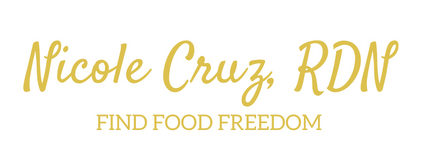
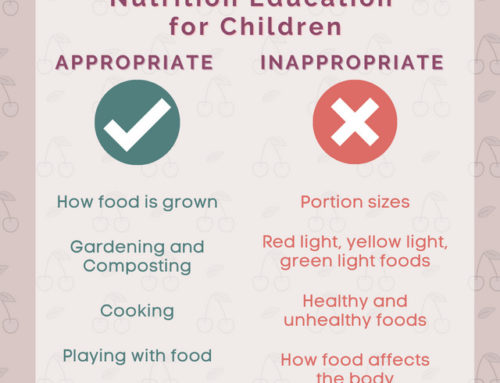
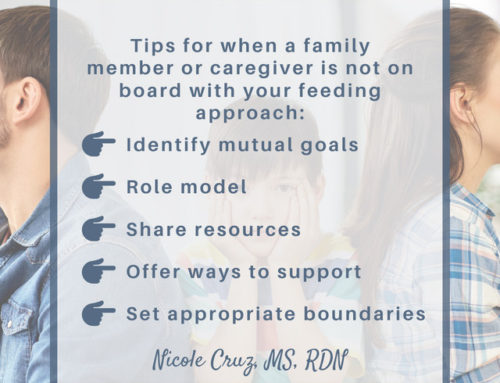
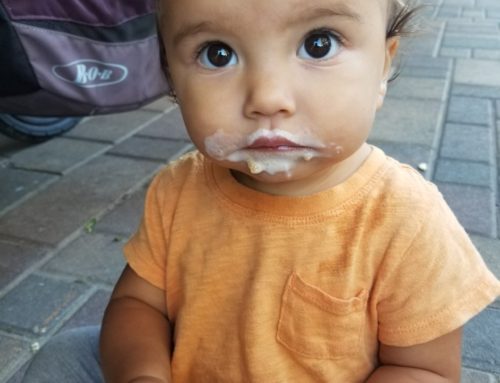
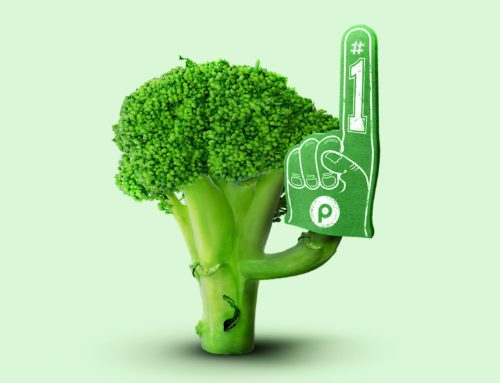
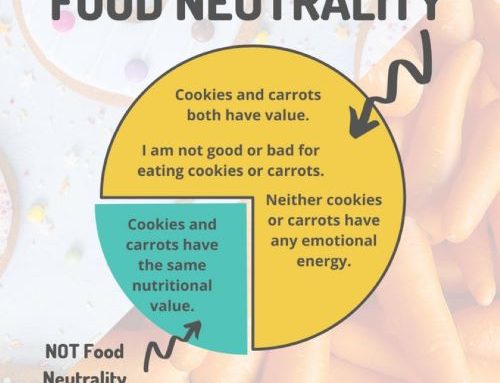
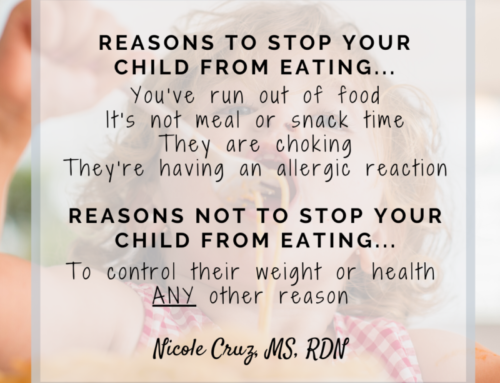
Leave A Comment